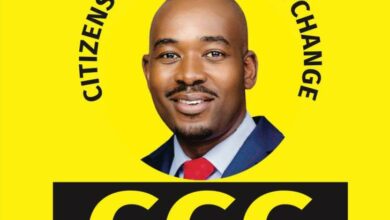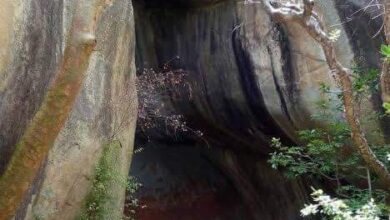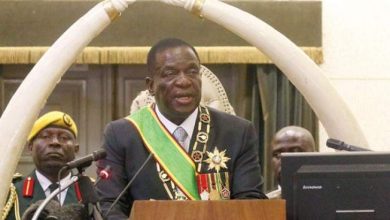
By Thabani Zwelibanzi
After several false starts, the government is once again calling on ministers and senior bureaucrats to declare their assets in a bid to stem corruption, but observers have questioned the authorities’ sincerity.
In a memorandum, Chief Secretary to the Office of the President and Cabinet, Misheck Sibanda said the declaration of the assets was in line with President Emmerson Mnangagwa’s thrust to create a responsible, transparent and accountable public service workforce.
The memo was addressed to ministers and their deputies, heads of ministries, senior principal directors, board chairpersons and board members of state enterprises and parastatals and chief executive officers of state enterprises among others.
In the declaration of assets form, the senior bureaucrats are expected to declare details of all immovable properties they own or where they have interests.
They are also expected to declare movable property worth more than $100 000 and their business interests.
The officials are expected to submit their documents by no later than February 28.
It was not immediately clear why this process had been restarted, but the government is reeling from accusations of inaction over corruption, particularly involving big wigs.
It was also not said whether these forms would be made public and how officials caught on the wrong side of this directive would be punished.
Curiously, Mnangagwa mentioned the declaration of assets in November 2017 and since then there has been little movement in enforcing that.
However, Sibanda insisted that since November 2017, when public officials were called on to declare their assets, Mnangagwa “has consistently called for strict adherence to the fundamental tenets of good governance”.
Interestingly, just as was the case in 2017 when the declaration of assets was first mooted by this government, the president and his deputies are not among the people that should declare their assets, which anti-graft activist and journalist, Tawanda Majoni raised then describing it as “brazenly partisan”.
Zimbabwean authorities have in the past flirted with the idea of public officials declaring their assets, but this has not been implemented.
The idea was first set in motion during the inclusive government between 2009 and 2013, but it was ineffective and was quietly abandoned.
Transparency International ranks Zimbabwe as one of the most corrupt countries in the world, ranking it 158th out of 180 in 2019.
This is a slight improvement from 2018 when it was ranked 160th.
Mnangagwa has said his government was scaling up its fight against corruption, but so far the perception is that only political opponents are targeted, while those in the president’s inner circle largely go unmolested.






